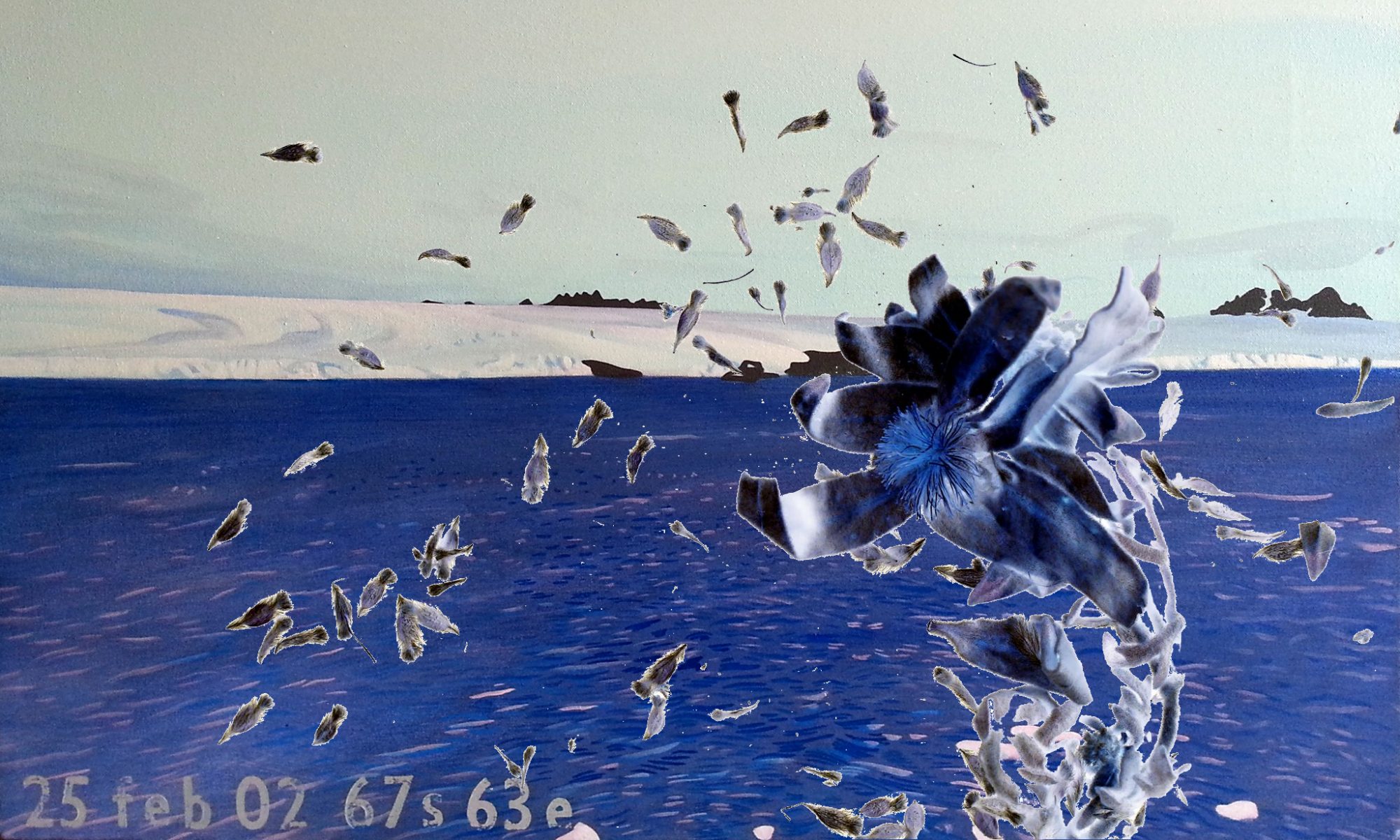From notes posted between me and Simon Pockley:
*
My reflections are written in italics.
On 09/27/2006 08:03 AM Simon says:
The link was to a word doc (now attached) of my paper relating to the GIS stuff. It’s not important in any way but it outlines the preconditions that need to be in place for all to work.
*
I’ve pasted the Abstract of that paper below:
.
<!– @page { size: 21.59cm 27.94cm; margin: 2cm } H1 { margin-bottom: 0.11cm } H1.western { font-family: “DejaVu Sans”, serif; font-size: 16pt } H1.cjk { font-family: “DejaVu Sans”; font-size: 16pt } H1.ctl { font-family: “DejaVu Sans”; font-size: 16pt } H2 { margin-bottom: 0.11cm } H2.western { font-family: “DejaVu Sans”, serif; font-size: 14pt; font-style: italic } H2.cjk { font-family: “DejaVu Sans”; font-size: 14pt; font-style: italic } H2.ctl { font-family: “DejaVu Sans”; font-size: 14pt; font-style: italic } P { margin-bottom: 0.21cm } –> Author: Dr Simon Pockley
Keywords: archive, digital repositories, self-archiving, commons
.
Abstract
An Archival Commons is a framework for a globally distributed digital repository for self-archiving and annotation. This pervasive but socially connected space is organised into a virtual topography by the use of tools that are geospatially and temporally aware.
Preconditions for an Archival Commons are developing rapidly – but are yet to converge. An Archival Commons will transform our understanding of the archive from being an official space for institutionally controlled recollection (necrotic in character), to being a non-official space for individual aspiration and intent.
The tensions and anxieties in this transformation arise from the potential for oppositions between public access to private actions, authoritarian rigidity over flexible spontaneity, and between malevolent surveillance and benevolent nurture.
The imaginative and propositional practice of the arts suggest that this sector is better positioned than the technology or engineering sectors to explore the kinds of principles and mutual obligations that would allow for digital expressions of cultural values to flourish in a socially connected space.
.
*
necrotic – dead; from the Greek nekrosis, state of death, to mortify
